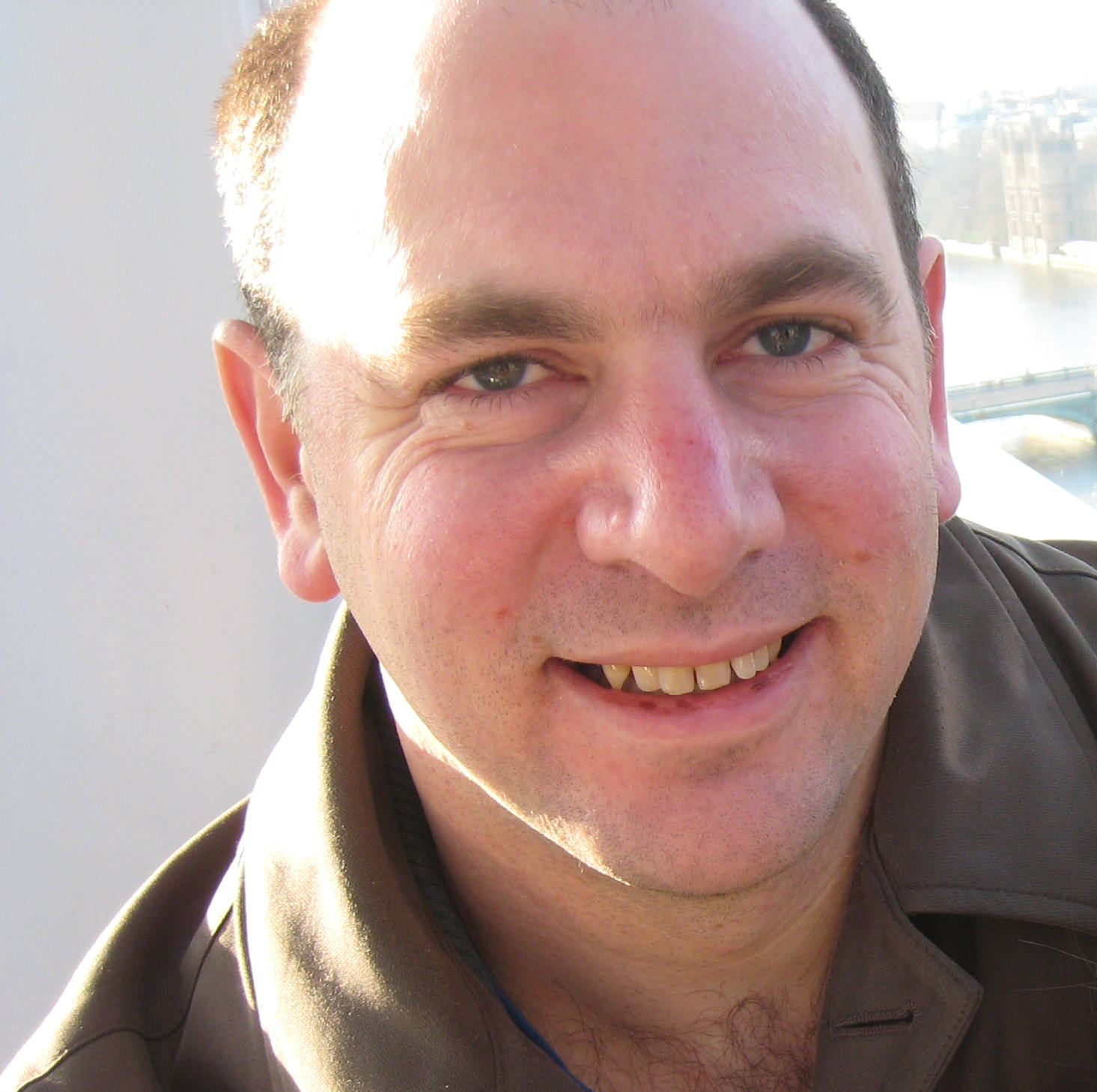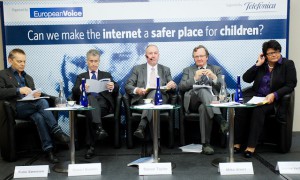 Jonny Shipp
Jonny Shipp
Director of Public Affairs at Telefónica
In Brussels last week European Voice convened their second debate on the theme of trust and confidence in the digital environment: ”Can we make the internet a safer place for children?”
A pioneer generation of digital parents is trying to get to grips with complex issues of privacy and protection of their youngsters. Their challenge is daunting because new technology is developing quickly. ”No parent in Europe today has seen their parents do digital parenting,” said Robert Madelin, director-general at the European Commission DG Connect.
Panellists and participants called for self-regulation within the industry and increased co-operation between industry, parents, teachers and policymakers. ”The best way forward to keep the internet safe is through multi stakeholder dialogue,” said Mike Short, vice president of Telefónica Europe. ”We got that today. And we need to build on that.”
It was clear that those closest to the children – parents and teachers – should also be first in line to give them proper guidance. ”We have to teach the children but we also have to teach the teachers and the parents,” Sabine Verheyen, a German member of the European Parliament. ”Without this coalition of teachers and parents, people who create the environment online will never be successful in making a safer internet.”
Verheyen stressed that the issue of online privacy for children cannot be separated from the wider debate about data protection. Referring to the ongoing negotiations on new legislation on data protection she said: “We are discussing the question of privacy by design or privacy by default in the context of the data protection regulation. It is a very hard discussion because the question is which level of privacy you start with.”









